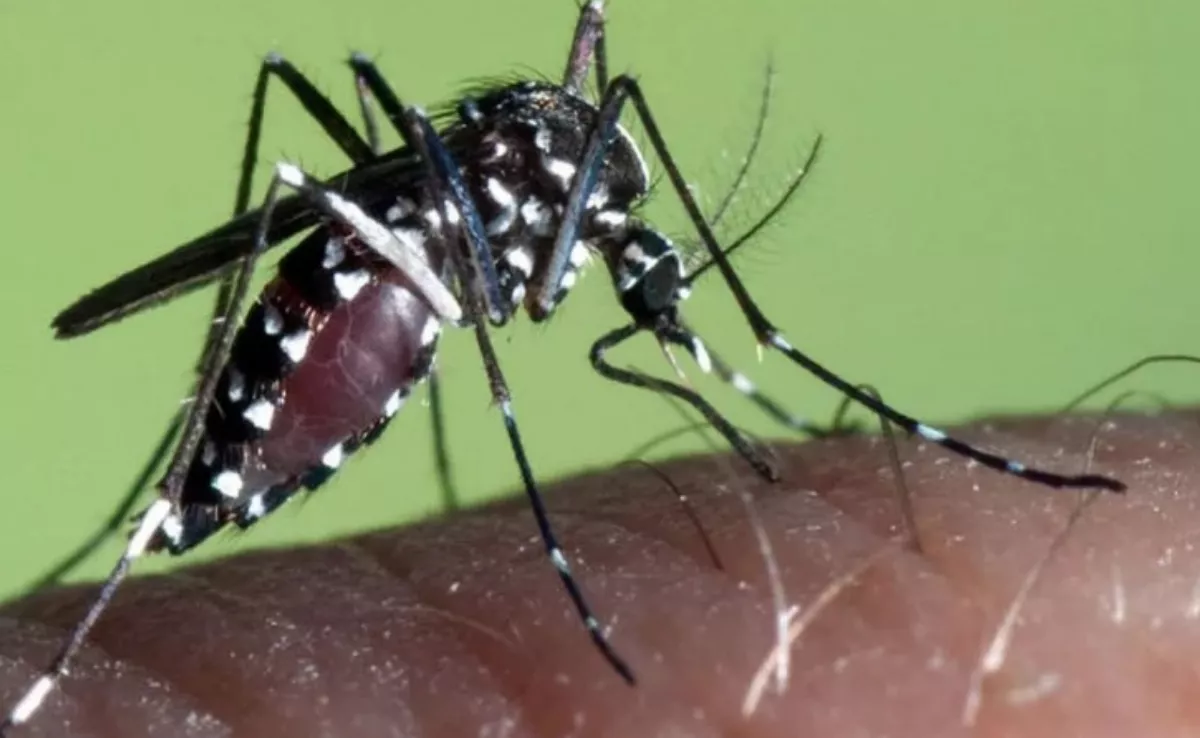
The Health Department of the Canary Islands Government has confirmed that, after 18 months without detections, the invasive mosquito “Aedes albopictus,” also known as the tiger mosquito, has been eradicated in the area of Vuelta de los Pájaros in Santa Cruz de Tenerife.
This achievement comes after intense entomological surveillance efforts initiated in 2013, when it was first detected on the island. Since September 2023, when the presence of the insect was confirmed in the capital neighbourhood, the authorities activated a protocol that included the installation of strategic traps, surveillance in ports and airports, training for health professionals, and informative campaigns for residents.
Citizen collaboration has been key in keeping the situation under control.
Joint efforts have allowed for the detection and elimination of potential breeding sites, as well as raising awareness among the population about the importance of preventing water accumulation in homes and gardens.
Now, after fulfilling the established period without new detections, the frequency of trap checks is being reduced, and community collaboration is appreciated.
The General Directorate of Public Health insists that maintaining vigilance is essential to prevent future introductions.
Additionally, they remind residents of basic measures to avoid breeding sites: regularly emptying or cleaning containers with stagnant water, monitoring swimming pools, and keeping outdoor spaces clean.
Furthermore, the aforementioned Directorate recommends controlling and eliminating water accumulations in any container, even small ones like lids, by placing sand in pots or emptying and cleaning dishes weekly.
They also advise against growing plants in water, changing the water in vases daily, and placing any items that could collect water upside down.
It is crucial to avoid waterlogging in gardens, rooftops, and balconies, keep these areas clean, and remove pruning waste.
Moreover, it is recommended to clean and change the water in animal drinking containers, keep water tanks covered, and recirculate or chlorinate empty or low-water swimming pools.
Finally, it is advised to clean trays in refrigerators, air conditioning units, and outdoor drains to prevent mosquito breeding sites.















